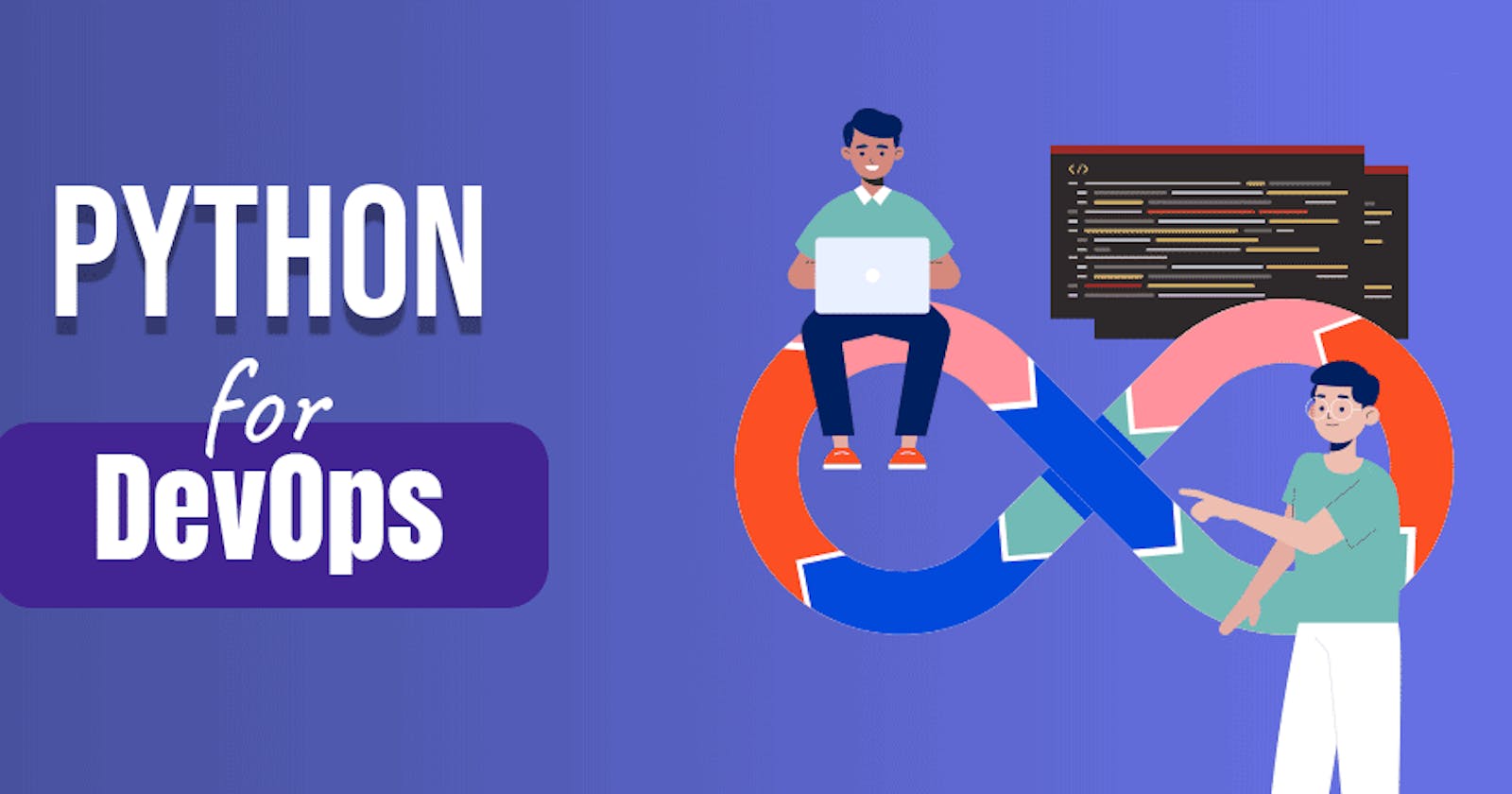1. Why would you use python for DevOps ?
Python is used in DevOps for automating tasks, scripting, integrating with various tools, benefiting from a large community, ensuring flexibility across platforms, and enabling rapid prototyping. Its efficient syntax and vast ecosystem make it ideal for improving efficiency and collaboration within DevOps practices.
2. How would you use python for DevOps ?
Python is used in DevOps for automating tasks, scripting, configuration management, CI/CD pipelines, monitoring, cloud management, containerization, orchestration, integration, and testing. Its versatility and simplicity make it a valuable tool for streamlining workflows and improving efficiency across the DevOps lifecycle.
Certainly! The choice between using shell scripting and Python in DevOps depends on the specific task or problem you're trying to solve. Both have their strengths and are suitable for different scenarios. Here are some guidelines to help you decide when to use each:
Use Shell Scripting When:
§System administration task: used for automating tasks like Managing files, users, Directories and processes ,basic file manipulation
- Shell script is used for tasks like starting/stopping services
§Command line Interactions: it’s easy to call and control these utilities from a shell script
§Rapid Prototyping: Scripting is usually faster to write and execute. It’s grate for ad-hoc tasks
§Text Processing: Used for tasks that involves text manipulation, such as parsing log files, Searching and replacing text or executing data or extracting data from text based sources.
§Environment Variables and Configuration: Managing environment Variables and Configuring system
Use Python when:
§Complex Logic: This task that involves complex logics, data structures, and algorithms. If the task requires extensive data manipulation, python can be more powerful choice.
§ Cross-platform compatibility: It is a better choice for tasks that need to run on different operating system.
§ API Integration: Python has extensive libraries and modules for interacting with APIs, databases, and web services. If your task involves working with APIs
§ Reusable Code: If you plan to reuse your code or build larger applications, Python's structure and modularity make it easier to manage and maintain.
§ Error Handling: which can be valuable in DevOps where reliability is crucial.
§ Advanced processing data : used for task involves advanced data processing, data analysis, or machine learning, Python's rich ecosystem of libraries (e.g., Pandas, NumPy, SciPy)
